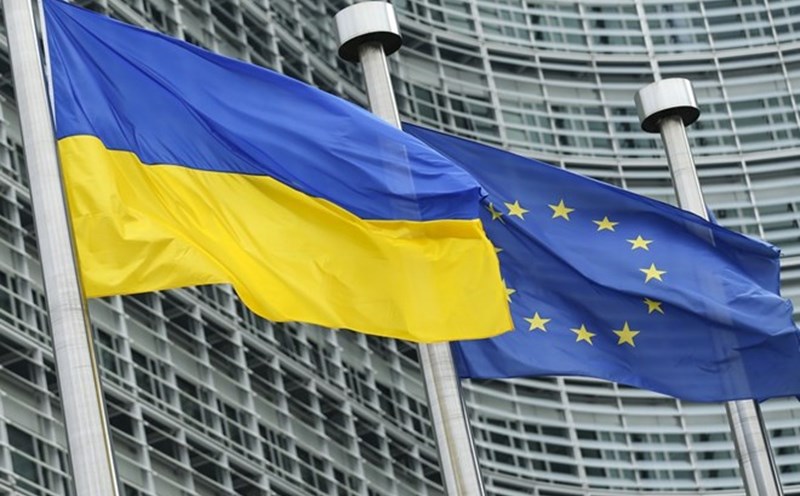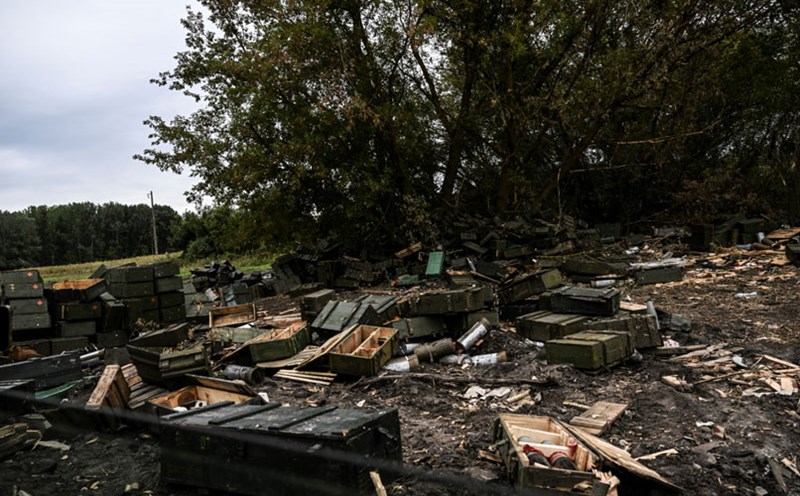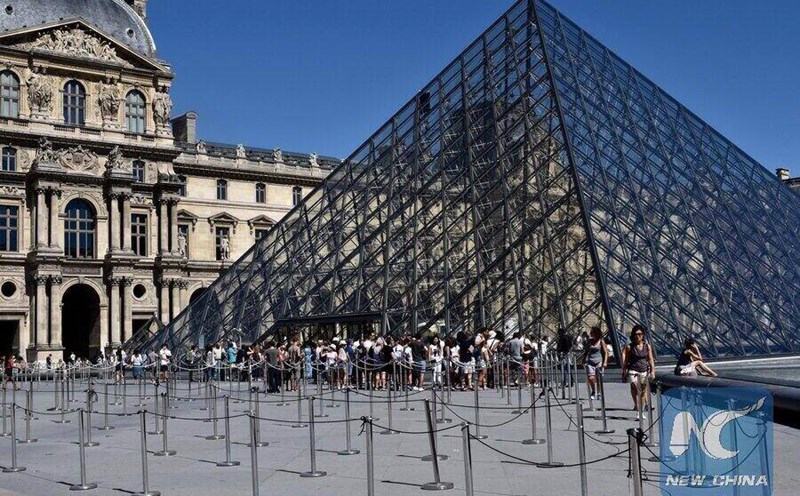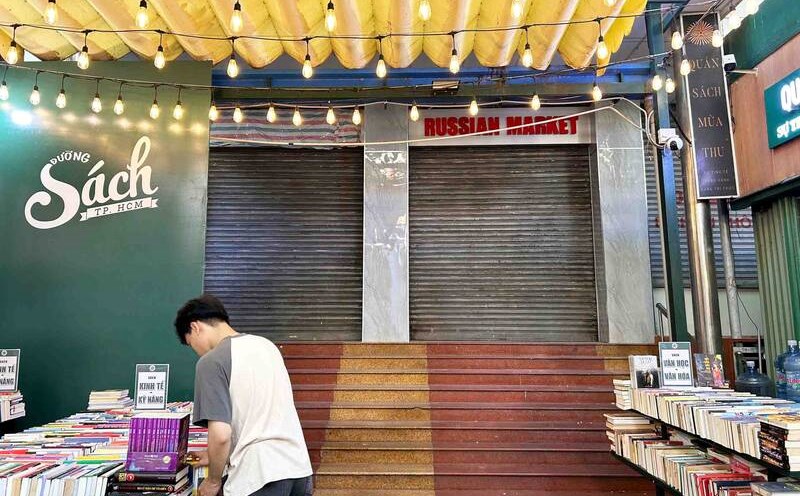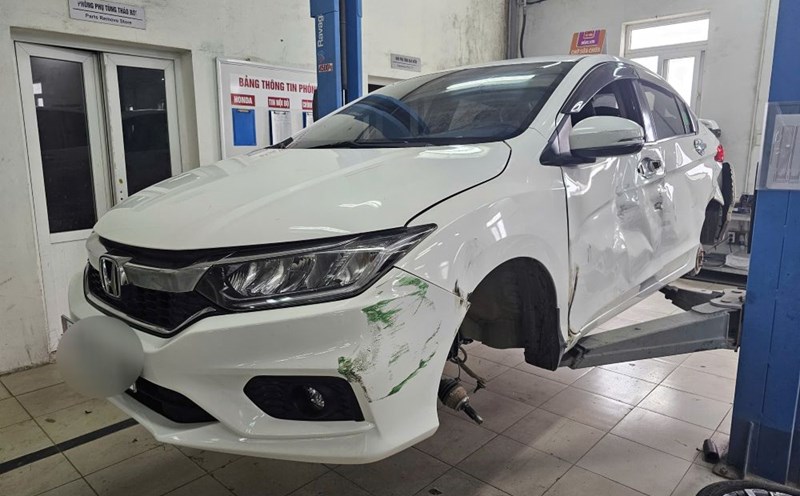At the time of August 2025, a big question in world politics is: Which allies are ready to protect Ukraine to the end?
The answer seems to have been strongly affirmed. A alliance of countries ready to help Ukraine has been formed, including about 10 European countries with the UK and France playing a pioneering role.
These countries do not stop at arms aid. They have accelerated negotiations on a breakthrough security package. The focus of the plan is deploying European troops in Ukraine as part of a potential peace deal, aimed at creating a visible deterrent against Russia.
This plan is considered a red line that no one had dared to cross before, because it risked causing direct conflict between the army of a NATO country and Russia. This shows the extremely high level of commitment of this group of allies at that time.
The plan has even received conditional support from US President Donald Trump. He said the US was ready to provide assistance by other means, especially by air, while the ground force would be manned by Europe.
At that time, the European leaders were determined. European Council President Antonio Costa said the guarantee terms would be "arranged in the coming days". The panoramic picture at that time was of a group of united allies ready to take bold steps for Ukraine's security.
However, just 2 months after those promising discussions, the picture has changed dramatically. According to the latest information from the Swiss newspaper Neue Zürcher Zeitung (NZZ), the overall aid flow has seriously declined, with the monthly commitment figure falling by 57% compared to the beginning of the year, from about 4 billion USD to only about 2 billion USD.
Notably, countries that have been at the forefront of security commitments such as France, Spain and Italy have now " become more reserved in providing military".
This contrast shows a worrying reality. arms depots, especially Soviet-era ammunition, have run out, while Europe's defense industry production capacity cannot keep up. Along with that, fatigue from war and pressure from domestic economic problems are becoming major political barriers, posing a question mark about the sustainability of the commitment of European allies.

